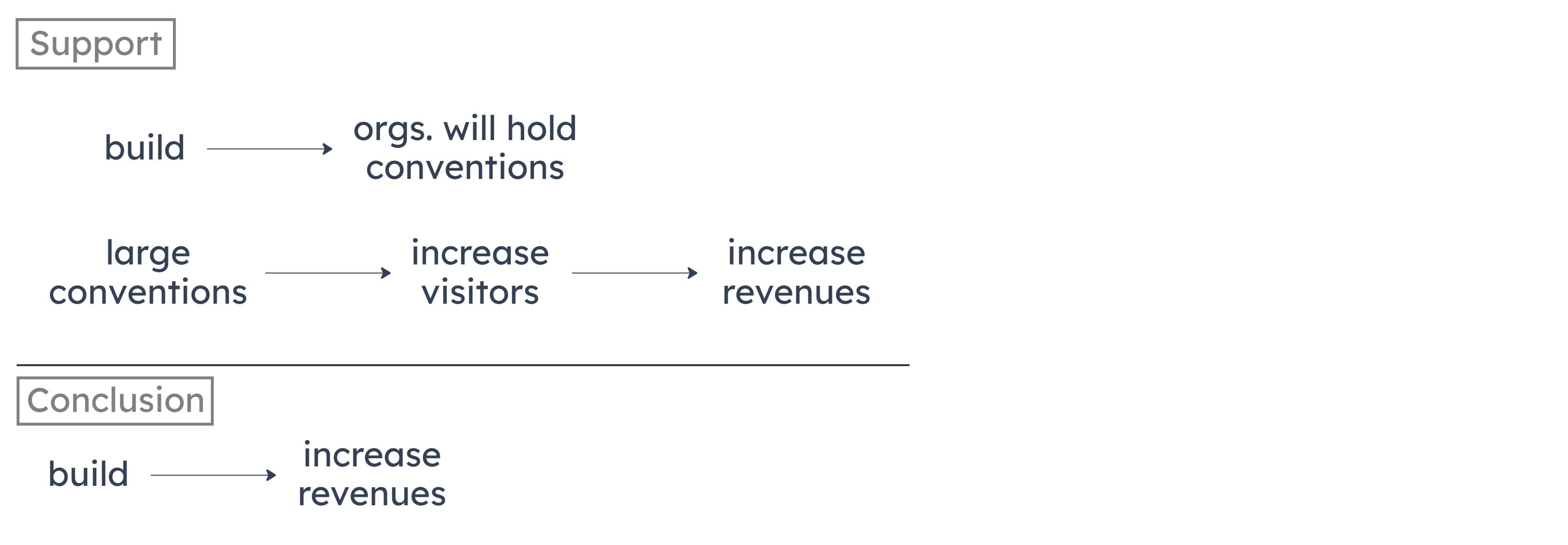People will be less satisfied with their own income if their neighbors begin to make a lot more money.
A
People with high incomes are consistently more satisfied with their incomes than are people in the middle class.
B
Older people are generally more satisfied with their incomes than are younger people.
C
Satisfaction with income is strongly correlated with neighborhood.
D
In general, people’s income levels have little effect on their level of satisfaction with life as a whole.
E
An increase in everyone’s incomes is not likely to greatly increase people’s levels of satisfaction with their own incomes.
A
Fossils have been discovered that are devoid of biomarkers.
B
Living organisms only emerged long after the earth’s formation.
C
It would take many millions of years for organisms to become petroleum.
D
Certain strains of bacteria thrive deep inside the earth’s crust.
E
Some carbon deposits were formed from the fossilized remains of plants.
Medical researcher: A survey of more than 1 million adults found that there was a greater frequency of illness among people who regularly slept at least 8 hours a night than among people who slept significantly less. This shows that mild sleep deprivation is not unhealthy and, in fact, probably bolsters the body’s defenses against illness.
Summarize Argument
The researcher concludes that mild sleep deprivation is not unhealthy and probably strengthens the immune system. She supports this with a survey which found that people who sleep at least 8 hours a night are sick more often than people who sleep significantly less.
Identify and Describe Flaw
This is the cookie-cutter flaw of assuming that correlation proves causation. Here, the researcher points out a correlation between getting less sleep and getting sick less often, then concludes that sleep deprivation causes people to get sick less often. However, she ignores the possibility that another factor, like exercise or a healthy diet, might cause people to both need less sleep and to have a stronger immune system.
A
fails to address the possibility that an observed correlation between two phenomena is due to another factor that causally contributes to both phenomena
The researcher fails to address the possibility that the correlation between sleep deprivation and getting sick less often is due to another factor— like diet or exercise— that causally contributes to both.
B
fails to consider that even if a given factor causally contributes to the occurrence of a given phenomenon, it may not be the only factor affecting the occurrence of that phenomenon
The researcher never assumes that sleep deprivation is the only thing that prevents illness. Instead, she fails to consider that a given factor (sleep deprivation) might not causally contribute to the occurrence of a given phenomenon at all.
C
concludes, from the claim that a certain phenomenon occurs and the claim that a certain condition is sufficient for that phenomenon to occur, that the condition also exists
The researcher concludes that sleep deprivation strengthens the immune system from the claim that the two are correlated. She does not conclude that sleep deprivation exists from the claim that it is sufficient for a strengthened immune system.
D
takes for granted that there will be an observable correlation between two phenomena if either of those phenomena causally contributes to the other
Actually, the researcher takes for granted (or assumes) that one phenomenon causally contributes to the other since there is an observable correlation between the two phenomena.
E
fails to consider that even if a specific negative consequence is not associated with a given phenomenon, that phenomenon may have other negative consequences
The researcher doesn't claim that sleep deprivation is not associated with illness, just that it's associated less frequently than sleeping 8 hours. She also never assumes that sleep deprivation has no other negative consequences.
If the city builds the convention center, certain organizations will hold conventions there.
If large conventions are held there, the number of visitors will increase, which in turn will increase revenues.

The conclusion would be valid if we knew that those national professional organizations will hold large conventions.
A
If the number of visitors to the city does not increase, then the city’s tax revenues will not increase.
B
If the number of visitors to the city increases, then the amount of money spent by visitors will increase.
C
The city’s tax revenues will not increase unless the convention center is built.
D
People who are now regular visitors to the city will continue to visit the city if the new convention center is built.
E
If several national professional organizations hold their conventions in the convention center, those conventions will be large.
